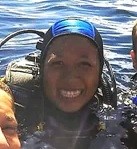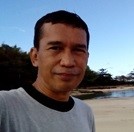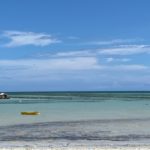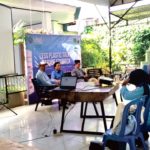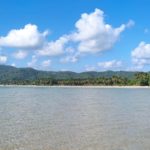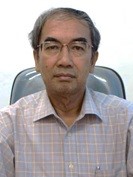
Prof. Dedi Soedharma
Expert Associate
Prof. Soedharma is a marine ecologist with extensive research experience in coral biodiversity. Prof. Soedharma obtained his PhD in Marine Ecology from USTL Montpellier France in 1984. He has led numerous research projects in coral transplantations and exploration of novel bioactive metabolites from coral for pharmaceutical applications. He was a leader of Tropical Aquatic Biology SEAMEO BIOTROP and head of Centre for Environmental Research (PPLH) at IPB Bogor. He is currently active as a Board Member at The Indonesian Wildlife Conservation Foundation (IWF), a member at Indonesian Coral Reef Society (INCReS), and recently joins CSERM UNAS as an Expert Associate.

